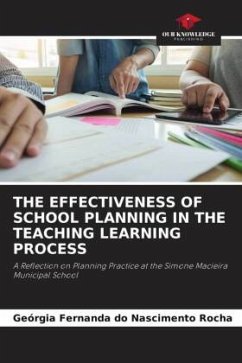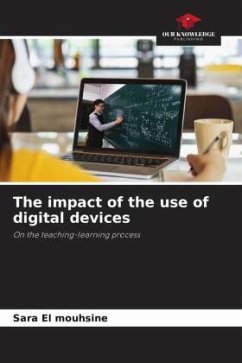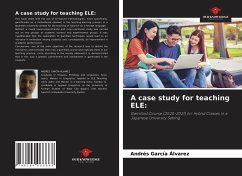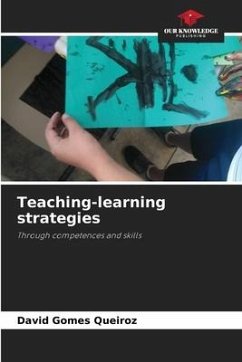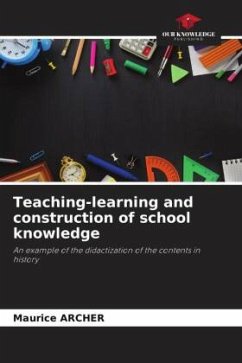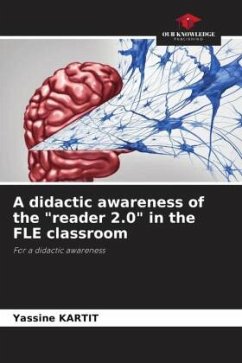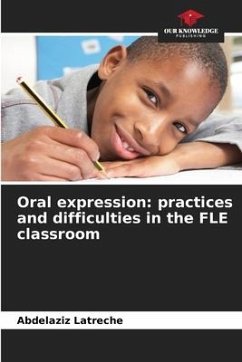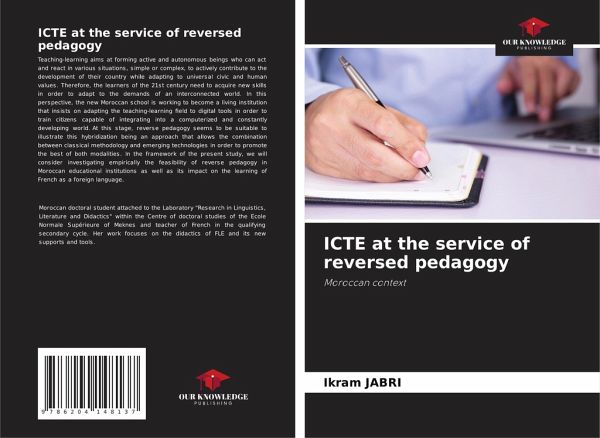
ICTE at the service of reversed pedagogy
Moroccan context
Versandkostenfrei!
Versandfertig in 6-10 Tagen
36,99 €
inkl. MwSt.

PAYBACK Punkte
18 °P sammeln!
Teaching-learning aims at forming active and autonomous beings who can act and react in various situations, simple or complex, to actively contribute to the development of their country while adapting to universal civic and human values. Therefore, the learners of the 21st century need to acquire new skills in order to adapt to the demands of an interconnected world. In this perspective, the new Moroccan school is working to become a living institution that insists on adapting the teaching-learning field to digital tools in order to train citizens capable of integrating into a computerized and...
Teaching-learning aims at forming active and autonomous beings who can act and react in various situations, simple or complex, to actively contribute to the development of their country while adapting to universal civic and human values. Therefore, the learners of the 21st century need to acquire new skills in order to adapt to the demands of an interconnected world. In this perspective, the new Moroccan school is working to become a living institution that insists on adapting the teaching-learning field to digital tools in order to train citizens capable of integrating into a computerized and constantly developing world. At this stage, reverse pedagogy seems to be suitable to illustrate this hybridization being an approach that allows the combination between classical methodology and emerging technologies in order to promote the best of both modalities. In the framework of the present study, we will consider investigating empirically the feasibility of reverse pedagogy in Moroccan educational institutions as well as its impact on the learning of French as a foreign language.



